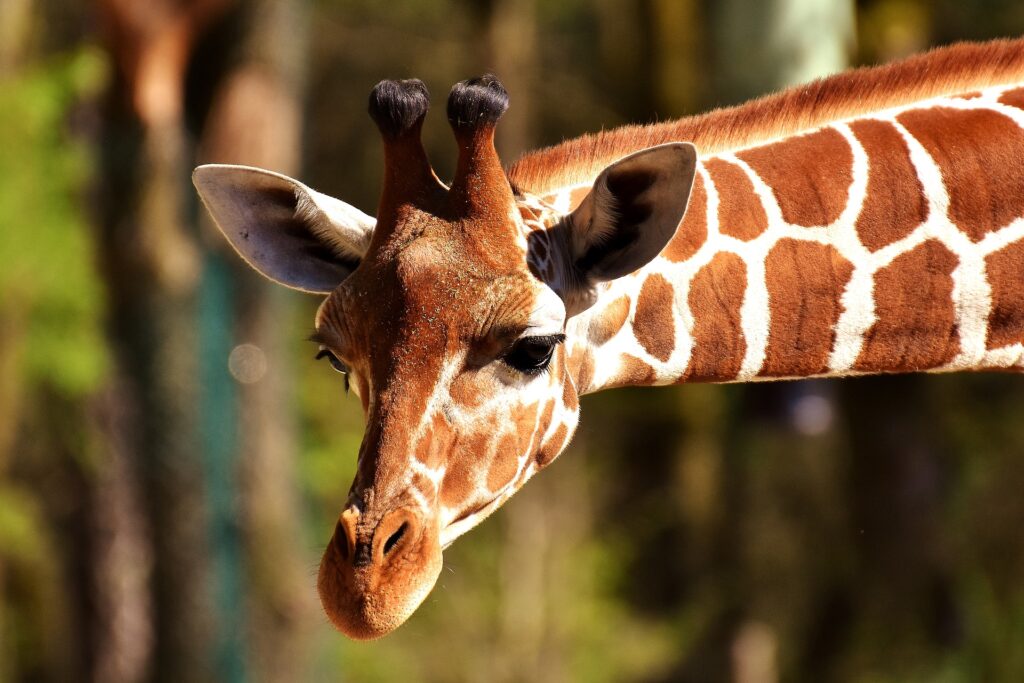
I am the Director of Human Resources at an AZA accredited zoo, which is for several reasons, one of the best jobs on earth. First, I work at a zoo. Really, if you don’t get that, then just move on. Another reason it’s one of the best jobs, you can be a hero and save the planet, especially if you are in HR. This is heady stuff and a bold claim. It deserves some elaboration.
AZA stands for the Association of Zoos and Aquariums. Besides providing the usual industry association stuff like annual and semiannual conferences, newsletters, and a logo imprinted paraphernalia, they do very significant conservation work as it relates to animals. Likewise, each member zoo and aquarium are also engaged in important conservation work. At the rate animals species are disappearing from this planet, we need not only the work of the AZA and its member organizations, but many others working to save animals from disappearing forever.
Not too long ago, the AZA decided that it was important for its members to foster cultures of conservation within their organizations. Culture is all-encompassing and not limited to certain departments or a few employees who are directly involved in some type of conservation activity. Does the kid who checks your ticket as you enter the zoo think he is doing conservation work? Does he feel he works at a conservation organization? Does the accounting clerk in the finance office have a sense of culture that includes conservation? What about those who work in facilities, housekeeping or education? What does a culture of conservation even mean? Who is responsible for it? The president or director? The conservation department? The education department? What about the human resources department? Shouldn’t human resources be responsible for something—isn’t culture supposed to be their thing? Is conservation a people or an animal issue? Yes, conservation is both a people and an animal issue.
If it weren’t for people, there wouldn’t be any conservation problems to solve. Nature will get along just fine on its own. But people are a part of this planet along with every other species. Our species alone, however, can make the most changes to the environment, for good or ill. HR is the people expert department. Culture is undeniably a people issue. So what better group of people to address conservation and culture in the organization than HR?
This is where being in HR at an AZA accredited zoo or aquarium gets exciting. For the first time in history, HR has an opportunity to step-up and beyond its traditional role as an evolved personnel department to becoming a significant leader in saving the world. I mean that, and I am not under the influence of something imbibed. How? By doing what it does best when at its best—building, nurturing, guiding, and leading organizational culture.
Funny thing though, HR isn’t always included or even jumping at this opportunity. Why? For one reason, HR is frequently seen, as well as often seeing itself, as an enforcement department. The hall monitors of the organization. The department that enforces all those employment laws and regulations and says “no” to many things that managers want to do regarding their employees. Sure, it’s important that HR keeps the organization in-line legally. As for saying no to managers, we could try to be better partners (or managers could try to understand the law—no bitterness intended). But there is a real need and opportunity for HR in the arena of conservation and culture that is waiting for our leadership.
We are the people experts in the organization. We understand people engagement, incentives, performance management, desired behaviors, commitment to organizational mission and motivation. All these things help build a culture and HR knows how to use them to do so. Creating a culture of conservation is well within HR’s wheelhouse. It’s time to do so. Our natural environment and the animals that live in it depend on their survival based on what we as humans do. HR can be a significant influencer on what people do regarding conservation. HR people, especially in conservation-oriented organizations like zoos and aquariums, have an opportunity to be those experts. To be heroes.
After all, you can’t spell hero without HR.
If you like this post—share it. Thanks for reading.
